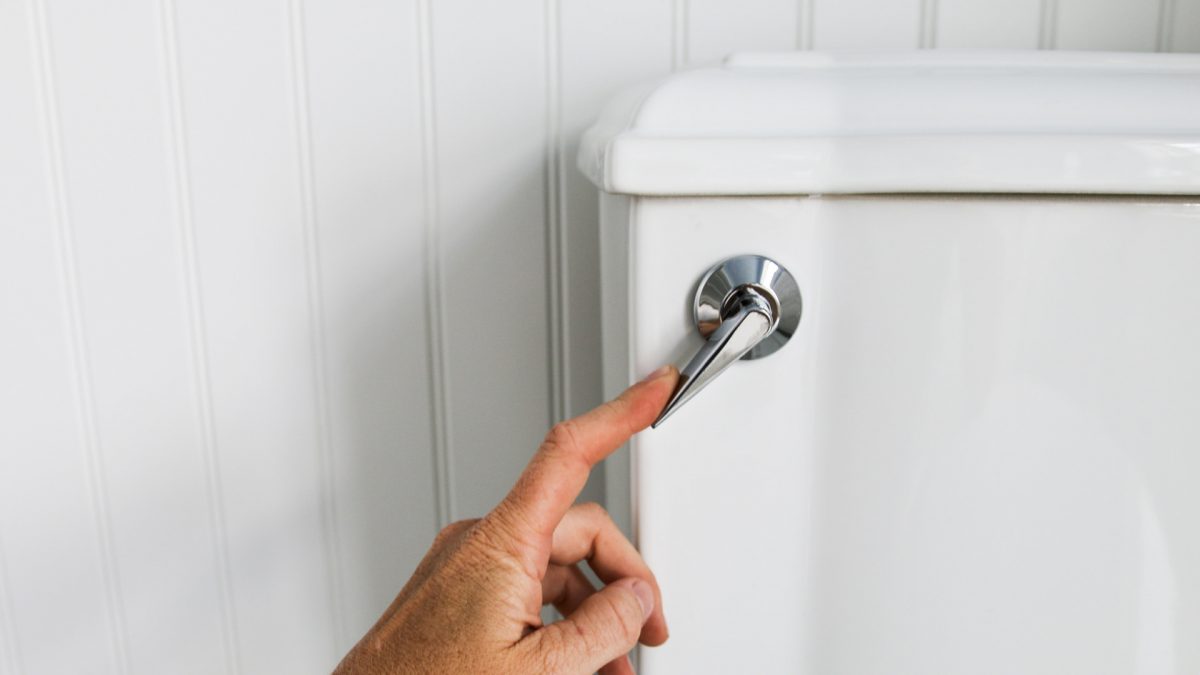Lasting for 3,000 years, ancient Egypt was one of the greatest ancient civilizations—with a vastly underestimated knowledge of medicine. They even had medical subspecialties. The pharaohs, for example, had access to dedicated physicians to be “guardian[s] of the royal bowel movement,” a title alternately translated from the hieroglyphics to mean “Shepherd of the Anus.” How’s that for a resume builder?
Today, the primacy of the bowel movement’s importance continues. Some have called for bowel habits to be considered a vital sign on how the body is functioning, along with heart rate, blood pressure, and breathing rate. Medical professionals may not particularly relish hearing all about their patients’ bowel movements, but it is a vital function that nurses and doctors need to assess.
Surprisingly, the colon has remained relatively unexplored territory, one of the body’s final frontiers. For example, current concepts of what “normal” stools are emanated primarily from the records of 12 consecutive bowel movements in 27 healthy subjects from the United Kingdom, who boldly went where no one had gone before. Those must have been some really detailed records.
It’s important to define what’s normal. When it comes to frequency, for example, we can’t define concepts like constipation or diarrhea unless we know what’s normal. Standard physiology textbooks may not be helpful in this regard. One text implies that anything from one bowel movement every few weeks or months to 24 in just one day can be regarded as normal. Once every few months is normal?
Out of all of our bodily functions, we may know the least about defecation. Can’t we just ask people? It turns out people tend to exaggerate. There’s a discrepancy between what people report and what researchers find when they record bowel habits directly. It wasn’t until 2010 when we got the first serious look. In my video, How Many Bowel Movement’s Should You Have Everyday? you’ll see the study that found that normal stool frequency was between three per week and three per day, based on the fact that that’s where 98% of people tended to fall. But normal doesn’t necessarily mean optimal.
Having a “normal” salt intake can lead to a “normal” blood pressure, which can help us to die from all the “normal” causes like heart attacks and strokes. Having a normal cholesterol level in a society where it’s normal to drop dead of heart disease—our number-one killer—is not necessarily a good thing. Indeed, significant proportions of people with “normal bowel function” reported urgency, straining, and incomplete defecation, leading the researchers of the 2010 study to conclude that these kinds of things must be normal. Normal, maybe, if we’re eating a fiber-deficient diet, but not normal for our species. Defecation should not be a painful exercise. This is readily demonstrable. For example, the majority of rural Africans eating their traditional fiber-rich, plant-based diets can usually pass without straining a stool specimen on demand. The rectum may need to accumulate 4 or 5 ounces of fecal matter before the defecation reflex is fully initiated; so, if we don’t even build up that much over the day, we’d have to strain to prime the rectal pump.
Hippocrates thought bowel movements should ideally be two or three times a day, which is what we see in populations on traditional plant-based diets. These traditional diets have the kind of fiber intakes we see in our fellow Great Apes and may be more representative of the type of diets we evolved eating for millions of years. It seems somewhat optimistic, though, to expect the average American to adopt a rural African diet. We can, however, eat more plant-based and bulk up enough to take the Hippocratic oath to go two or three times a day.
There’s no need to obsess about it. In fact, there’s actually a “bowel obsession syndrome” characterized in part by “ideational rambling over bowel habits.” But three times a day makes sense. We have what’s called a gastrocolic reflex, which consists of a prompt activation of muscular waves in our colon within 1 to 3 minutes of the ingestion of the first mouthfuls of food to make room for the meal. Even just talking about food can cause our brains to increase colon activity. This suggests the body figured that one meal should be about enough to fill us up down there. So, maybe we should eat enough unprocessed plant foods to get up to three a day—a movement for every meal.
I know people are suckers for poop videos—I’m so excited to finally be getting these up! There actually is a recent one—Diet and Hiatal Hernia—that talks about the consequences of straining on stool. Hernias are better than Bed Pan Death Syndrome, though, which is what I talk about in in my video, Should You Sit, Squat, or Lean During a Bowel Movement?
Here are some older videos on bowel health:
- Stool Size Matters
- Food Mass Transit
- Bulking Up on Antioxidants
- Prunes vs. Metamucil vs. Vegan Diet
- Breast Cancer and Constipation
For more on this concept of how having “normal” health parameters in a society where it’s normal to drop dead of heart attacks and other such preventable fates, see my video When Low Risk Means High Risk.
In health,
Michael Greger, M.D.
PS: If you haven’t yet, you can subscribe to my free videos here and watch my live, year-in-review presentations:
- 2012: Uprooting the Leading Causes of Death
- 2013: More Than an Apple a Day
- 2014: From Table to Able: Combating Disabling Diseases with Food
- 2015: Food as Medicine: Preventing and Treating the Most Dreaded Diseases with Diet
- 2016: How Not To Die: The Role of Diet in Preventing, Arresting, and Reversing Our Top 15 Killers
